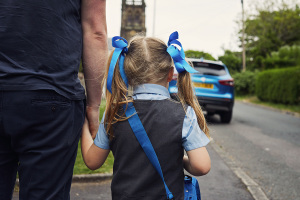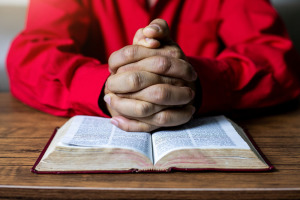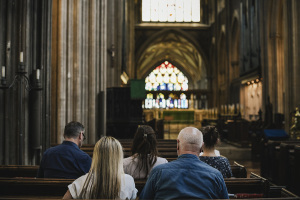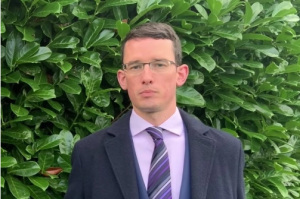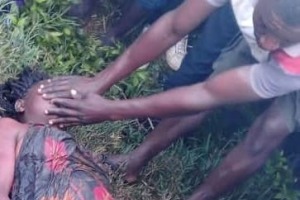MLK Niece Urges NAACP to Adopt Anti-Abortion Resolution
The niece of Dr. Martin Luther King Jr. has called for the national convention of the National Association for the Advancement of Colored People to adopt a resolution passed by the group's chapter in Macon, Ga., that addresses the impact abortion has had on the African American community.
More than 8,000 NAACP members, delegates and visitors have gathered for the organization's 98th Annual Convention at Detroit's COBO Hall Convention Center. This year's gathering of the nation's oldest and largest civil rights group, like past years, is convening "the most dedicated and influential community activists in the nation who represent 'Power Beyond Measure,'" as Roslyn M. Brock, NAACP's National Board of Directors Vice Chair and Convention Planning Committee Chair, described in a statement. "Power Beyond Measure" is the theme of the July 7-12 gathering.
"The NAACP has always been about justice," said Dr. Alveda King, pastoral associate of Priests for Life, the nation's largest Catholic pro-life organization. "Today, there is no greater injustice facing black people than abortion."
King, whose father was brother to the late Martin Luther King Jr., noted that over 13 million African Americans have died as a result of legalized abortion.
"It's as if a plague swept through our cities and towns and took one of every four blacks," she said in a released statement Friday.
In 2006, over 500,000 babies were aborted in the African community – a number of unborn lives that could have populated a whole city, according to the African American church leader Pastor Luke J. Robinson.
And, although black women represent 12 percent of the female population in the country, they have one-third of all abortions, noted Peggy Harshorn, president of the crisis pregnancy group Heartbeat International. Furthermore, for every five African American women that get pregnant three will have abortions.
"[T]he national leadership of the NAACP needs to address what abortion has done to the African American community and our nation as a whole," stated King, "even if it means making some people in high positions uncomfortable."
But, as a number of pro-life advocates have noted, African Americans are largely missing from pro-life events and rarely involved in leadership positions even though some polls have revealed that more African-Americans tend to declare themselves pro-life compared to Americans in general.
"For many African-Americans, the pro-life movement is perceived as a white, Republican, conservative movement," the Rev. John Ensor, who heads up the minority outreach for Heartbeat, explained to the St. Louis Post-Dispatch amid this year's March for Life in Washington. "And that group is on the wrong side of the civil rights movement."
Life Issues Institute Director Brad Mattes, however, suggested that the biggest reason for the lack of involvement is the lack of effort by pro-life groups to attract black members.
"The pro-life movement has been well-intended but has not communicated effectively with the African-American community," he told the Post-Dispatch.
Whatever the reason, pro-life African Americans such as King are hoping that NAACP leaders "maintain its status as a champion of social justice," as the group states in its website, and utilize "the talent and tenacity of NAACP members that has saved lives and changed many negative aspects of American society."
More specifically, King's hope is for the NAACP consider the resolution adopted this year by its Macon chapter, which urges the national body to undertake efforts to reduce the high abortion and infant mortality rates in the black community and to reduce the disproportionately high black inmate population.
"In my travels across the country, I have met countless fellow NAACP members who are praying and marching for justice for all, including justice for unborn babies," concluded King. "The National Board of the NAACP needs to know that its membership loves our children and wants what is right for them, and what is right is for them to be allowed to live."
















